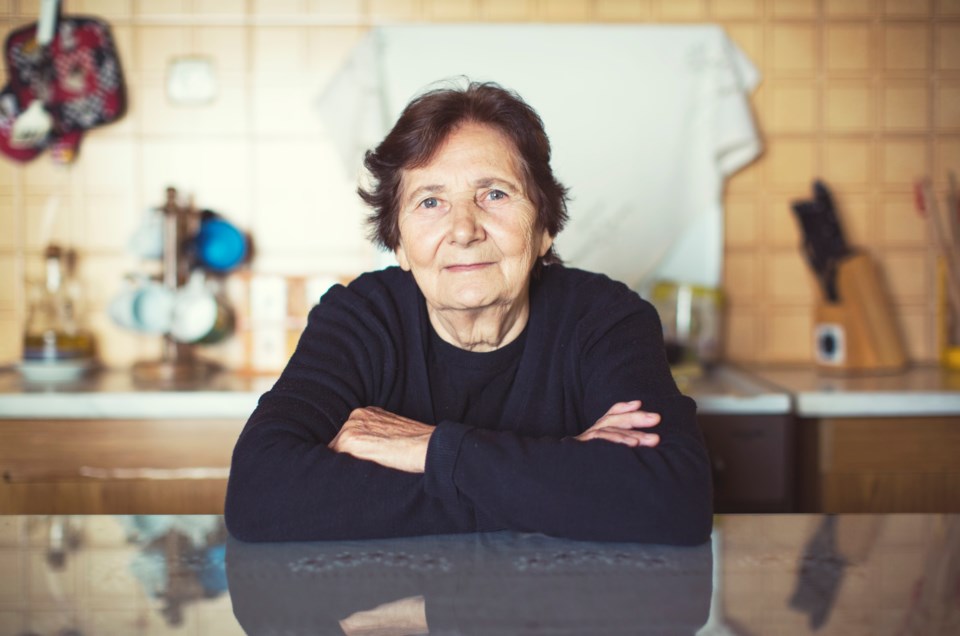SFU researchers will be walking and talking with Richmondites living with dementia to figure out how neighbourhoods can be improved to reduce anxiety and stress for them.
People struggling with the frustration of cognitive decline often start restricting where they go or become dependent on caregivers, further limiting their freedom, according to lead researcher on the project DemSCAPE and SFU gerontology professor, Habib Chaudhury.
Just taking a bus, going to the bank or walking to the neighbourhood grocery store can cause anxiety as dementia progresses, he explained.
“They may feel disoriented, they may feel a high level of stress and a lack of confidence, which ultimately impacts their level of autonomy and independence,” Chaudhury said.
For example, they might hesitate to go to a particular community centre because they have to take two buses to get there.
“Their world basically shrinks in a significant way by those challenges,” he added.
While it can lead to frustration and consequently less mobility, in extreme cases, they can get lost or hurt or encounter an accident, Chaudhury pointed out.
DemSCAPE – short for Dementia-inclusive Streets and Community Access, Participation and Engagement - is a three-phased, multi-year project, funded by the Public Health Agency of Canada and Alzheimer Society of Canada, that researchers hope will give information to city planners and service providers on how to better design spaces to reduce anxiety and keep people with dementia independent and mobile.
The walk-and-talk interviews will target about 30 people around the province, and there will be extensive, intensive interviews over time with each of the participants.
“This is really giving agency and voice to the person with lived experience and guiding our understanding of their challenges, rather than a very top-down research-oriented approach,” Chaudhury said.
The three communities, Richmond, Burnaby and Prince George, were chosen based on how active and committed they were in making their municipalities dementia-friendly, Chaudhury explained.
“Richmond is one of the more actives ones in being committed to implement their dementia action plan,” he said, specifically its mention of targeting neighbourhoods, the focus of DemSCAPE’s study.
Richmond has been chosen as one of three communities for the second, three-pronged phase of the project as well, with input from city planners and engineers.
Firstly, the researchers will create a tool for people with dementia whereby they can identify different needs in their own neighbourhoods, be it better crosswalks or more benches along a walking route.
The researchers will then create a planning and design guide for urban planners and transportation engineers to help them, in their design work, be more sensitive to and inclusive of people with dementia.
Thirdly, the researchers will make a short video based on their interviews with people with dementia that can be used for public education or to jumpstart conversations about dementia in a workshop setting.
Without public awareness, people with dementia will continue to be stigmatized, adding to their frustration.
This video could be used to educate service providers and people working with the public understand what someone with dementia is going through and why they are acting in a certain way.
Research collaborators on DemSCAPE include Lillian Hung, Canada Research Chair and founder of UBC’s IDEA lab, Alison Phinney, co-director of the Centre for Research on Personhood in Dementia at UBC, UNBC researcher Shannon Freeman, associate professor of nursing and Mark Groulx, professor with the School of Planning and Sustainability, also at UNBC.



